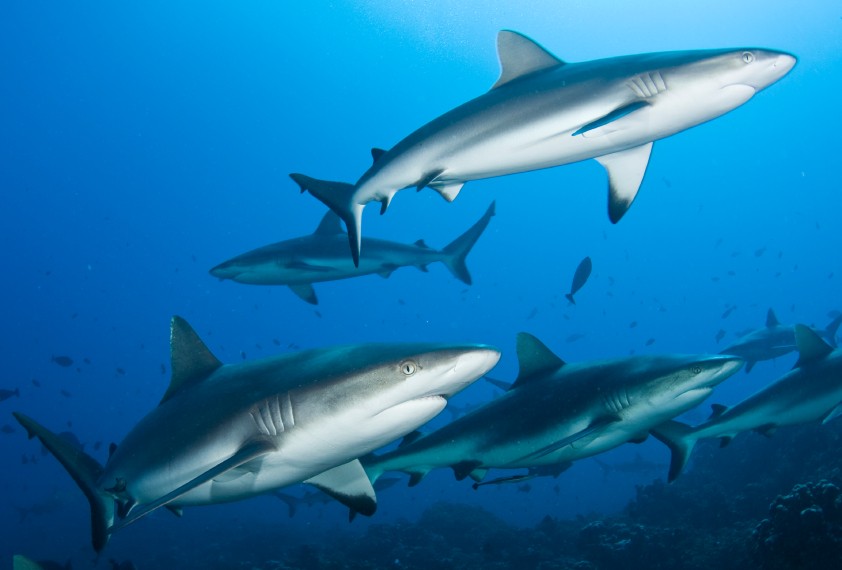New Study Reveals Alarming Declines in Pacific Shark Populations
- By:
-
Research published today in the journal Conservation Biology presents the most comprehensive assessment of the status of Pacific shark populations to date. The paper, authored by Dr. Shelley Clarke and a team from the Secretariat of the Pacific Community in New Caledonia, shows significant declines in catch rates for blue, mako, and oceanic whitetip sharks, as well as declining average sizes of oceanic whitetip and silky sharks, indicating heavy fishing. These results, along with evidence of shark targeting reported by Dr.
